Topics
Urban Birds and Urban Planning
Urbanisation is probably the most significant ongoing, land-use change affecting the UK. Although towns and cities are where people experience nature most frequently, they also present many unique challenges to wildlife. Through its monitoring and research, BTO is addressing three important questions about the wildlife on our doorsteps – how it responds to urban patterns and processes, how it can benefit human well-being, and how it can best be supported through wildlife-friending urban planning.
With urbanisation growing in pace, it is more important than ever that we gain a better understanding of the pressures facing the wildlife in our towns and cities, and determine what we can do to help. Although the conservation significance of towns and cities has often been overlooked, urban landscapes are where most people have opportunities to experience wildlife and are important for conservation in their own right. BTO work is helping to identify ways in which urban landscapes in the UK can be designed and managed better to incorporate the needs of wildlife.
To achieve this, BTO’s urban research covers three important topics:
- understanding how wildlife responds to the features of our towns and cities.
- interpreting the value of urban wildlife for human well-being.
- using applied research to inform wildlife-friendly urban planning.

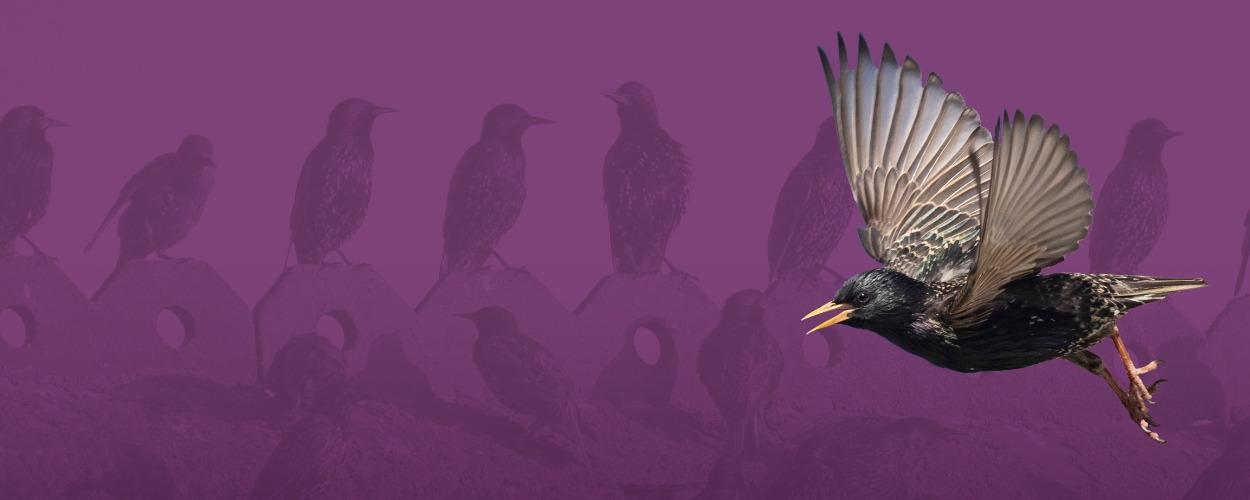
The Urban Appeal - making space for birds
You can make a difference to the way humans and birds live together.
Monitoring urban wildlife
BTO volunteers provide vital monitoring through schemes such as the Breeding Bird Survey (BBS), Garden BirdWatch and Garden Bird Feeding Survey. Using the information collected over more than 20 years, BTO research has demonstrated the value of urban spaces, and gardens in particular, for wildlife. We now understand the annual and seasonal patterns of garden use, the importance of gardens for breeding birds and the consequences of garden bird feeding much better.
Garden bird feeding
Urban landscapes provide a huge abundance of human-derived foods, so a particular focus of BTO’s urban research has been to investigate how wild bird populations are affected by garden bird feeding. There have been widespread increases in the numbers of birds visiting feeders over time, and feeders influence garden use by birds throughout the UK. Work with the University of Exeter has revealed a clear ‘pecking order’ among bird species at feeders, as larger species out-compete smaller birds for access to feeders and higher value food stuffs. Meanwhile, collaboration with Garden Wildlife Health has demonstrated the importance of good bird feeder hygiene. Feeding birds during winter can affect their breeding productivity and body condition the following spring. Extensive winter feeding has even helped to shape the evolution of migratory habits in Blackcaps.
Extensive winter feeding has even helped to shape the evolution of migratory habits in Blackcaps.

Species in focus
BTO research documenting the long-term declines in two archetypal urban birds, House Sparrow and Starling, led to both species being placed on the UK Red List as birds of highest conservation concern. Understanding the causes of these declines is a continuing challenge. BTO has also recently recruited the help of volunteers to investigate the rapid declines of another urban-dwelling species, the House Martin, leading to new understanding about their nesting behaviour and success across urban landscapes.
Could birds be good for our health?
Exposure to birds, and other aspects of nature, can have positive effects on people’s mental and physical health. Work with the Universities of Exeter, Cranfield and Sheffield has shown how the biodiversity of towns and cities contributes to human well-being. Residents of neighbourhoods with a high abundance of birds suffer less from depression and stress, while people living in areas of high-density housing are less likely to experience positive interactions with birds. Ongoing research is investigating how bird ecology, habitat use and behaviour affect people’s experiences of nature. The growing disconnect of people from nature is not only potentially damaging to their health and well-being, it is also thought to be barrier to wildlife conservation. Bringing people closer to nature is therefore of key importance to BTO’s work within the urban environment.
Exposure to birds, and other aspects of nature, can have positive effects on people’s mental and physical health.
Wildlife-friendly urban development
Urban green spaces and well-planned developments could enhance wildlife populations. Improving our understanding of how birds, and other wildlife, are affected by is fundamental to the success of wildlife-friendly urban development. Current BTO work with BBS and Bird Atlas 2007-11 data is building a detailed understanding of the responses of UK birds to urban landscape composition and configuration. This ambitious research aims to produce tools to help policy-makers, planners, developers and homeowners to improve the value of urban landscapes for wildlife.
Would you like to help the BTO by volunteering your time?
There are plenty of ways that you can help monitor birds in urban environments. Take up an urban Breeding Bird Survey square, or sign-up for Garden BirdWatch. You can monitor canals and reservoirs in urban areas as part of the Wetland Bird Survey, or just use BirdTrack to record your casual records and complete lists in your local park.
Take part in a projectRelated Publications
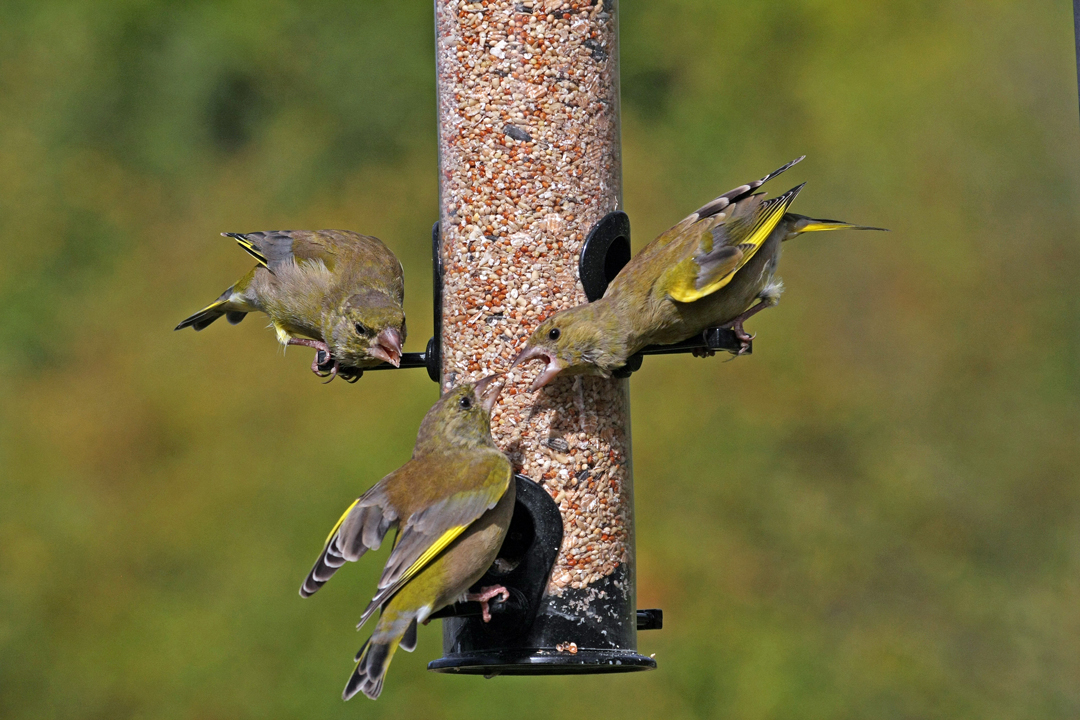
Health hazards to wild birds and risk factors associated with anthropogenic food provisioning
The health hazards to wild birds associated with garden feeding.
Philosophical Transactions of the Royal Society B
The provision of supplementary food for wild birds at garden feeding stations is a widespread practice in the UK. These additional resources have been shown, through research, to be of benefit to wild birds, but there is still a great deal that we do not know about the wider implications of such provisioning. Wherever individual birds congregate, the risk of disease transmission is increased, and the high densities of birds often seen at garden feeding stations might contribute to the emergence and spread of infectious diseases.
More Details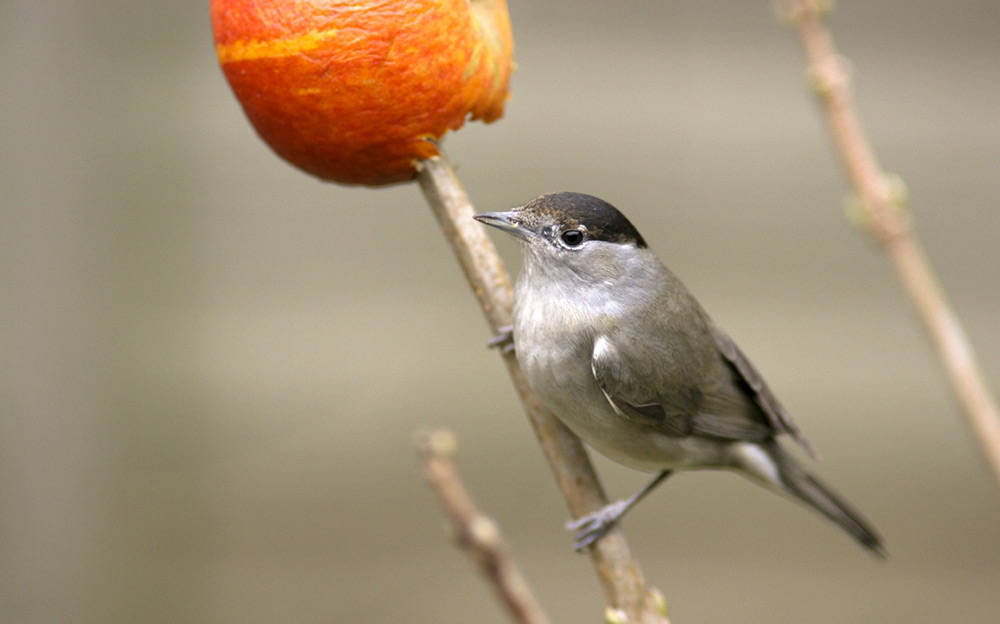
Is supplementary feeding in gardens a driver of evolutionary change in a migratory bird species?
Garden bird feeding and a changing climate are driving evolutionary change in Blackcaps
Global Change Biology
New research using data from Garden BirdWatch has revealed that bird food provided in British gardens has helped Blackcaps to rapidly evolve a successful new migration route. This is the first time that garden bird feeding has been shown to affect large-scale bird distributions.
More Details
Effects of supplementary feeding on interspecific dominance hierarchies in garden birds
PLOS ONE
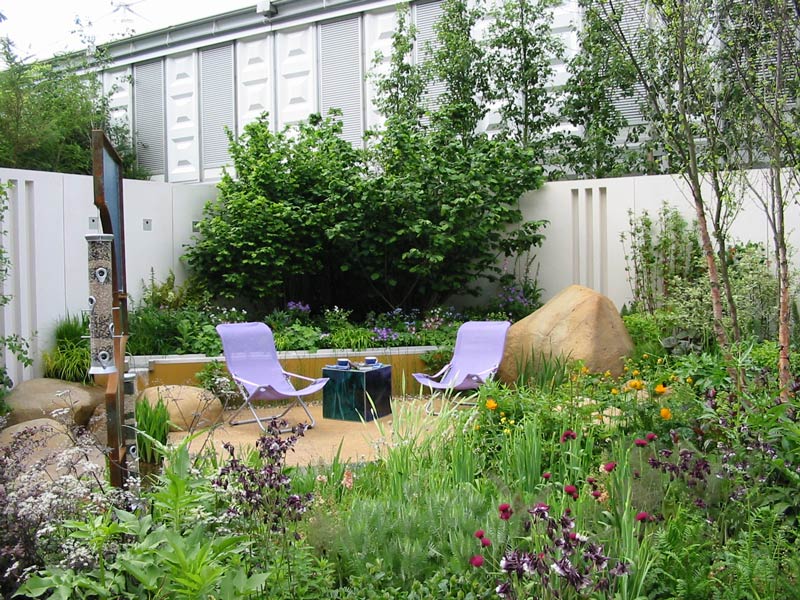
Doses of neighborhood nature: the benefits for mental health of living with nature
BioScience
Experiences of nature provide many mental-health benefits, particularly for people living in urban areas.
More Details
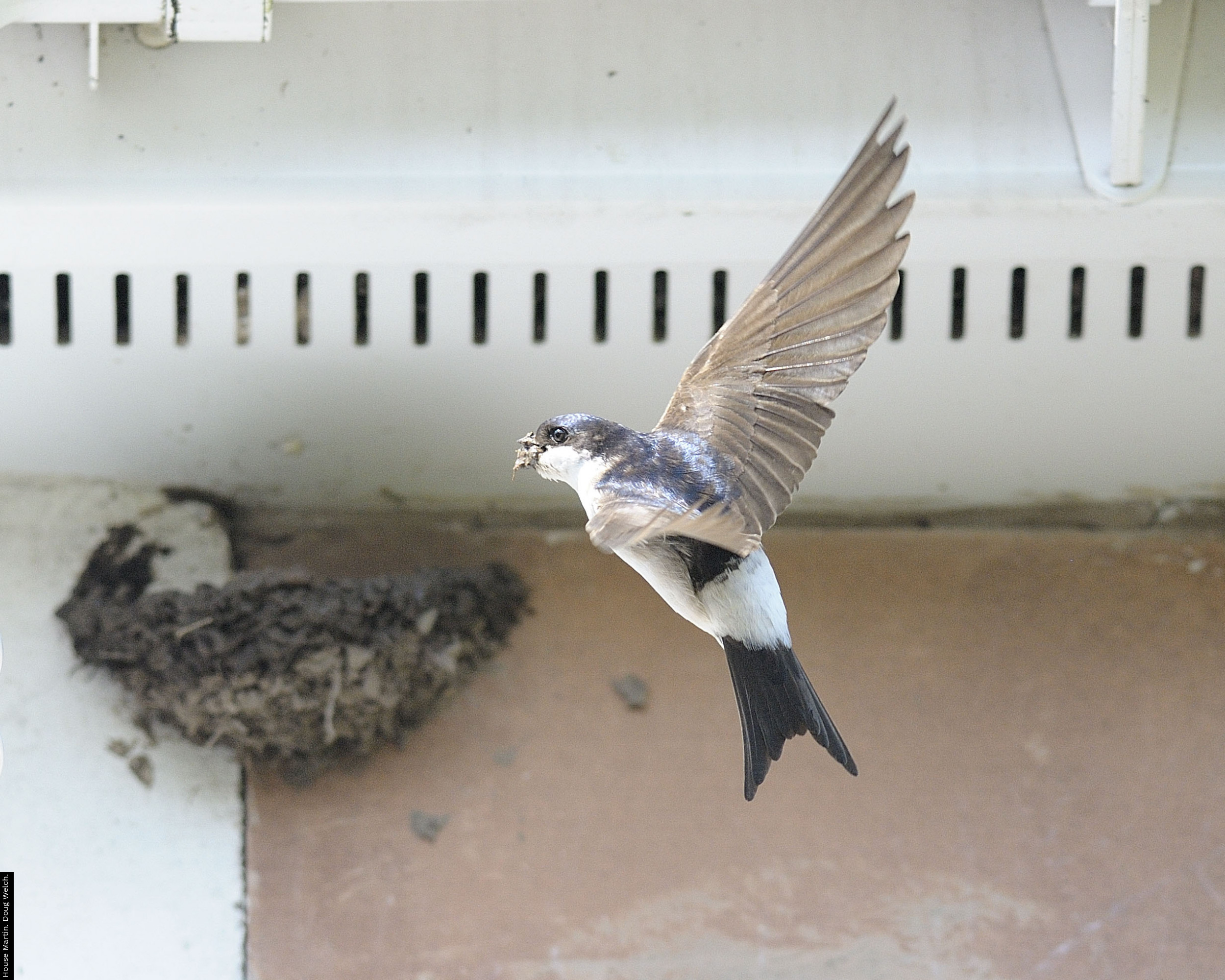
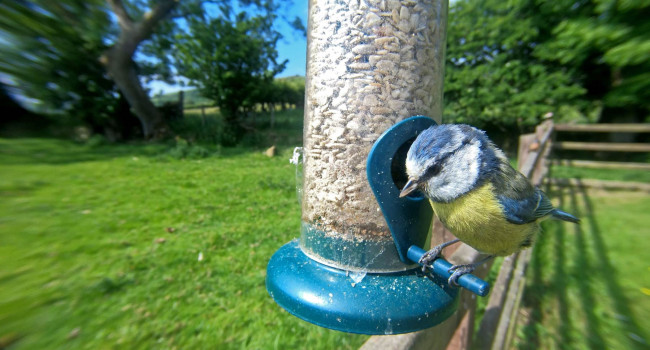
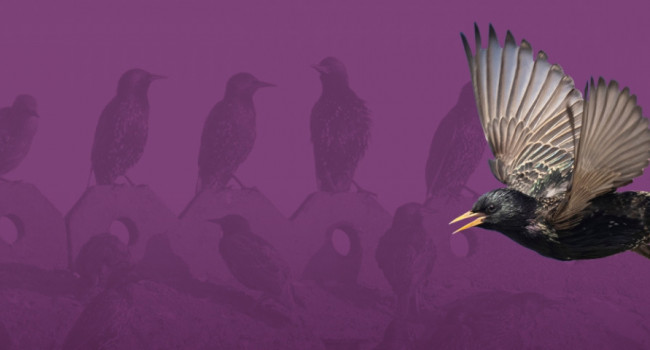
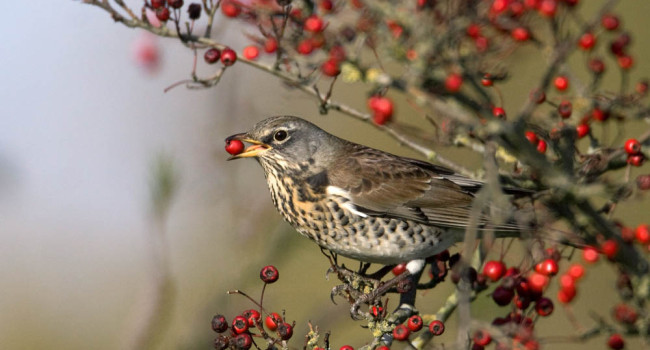

Share this page